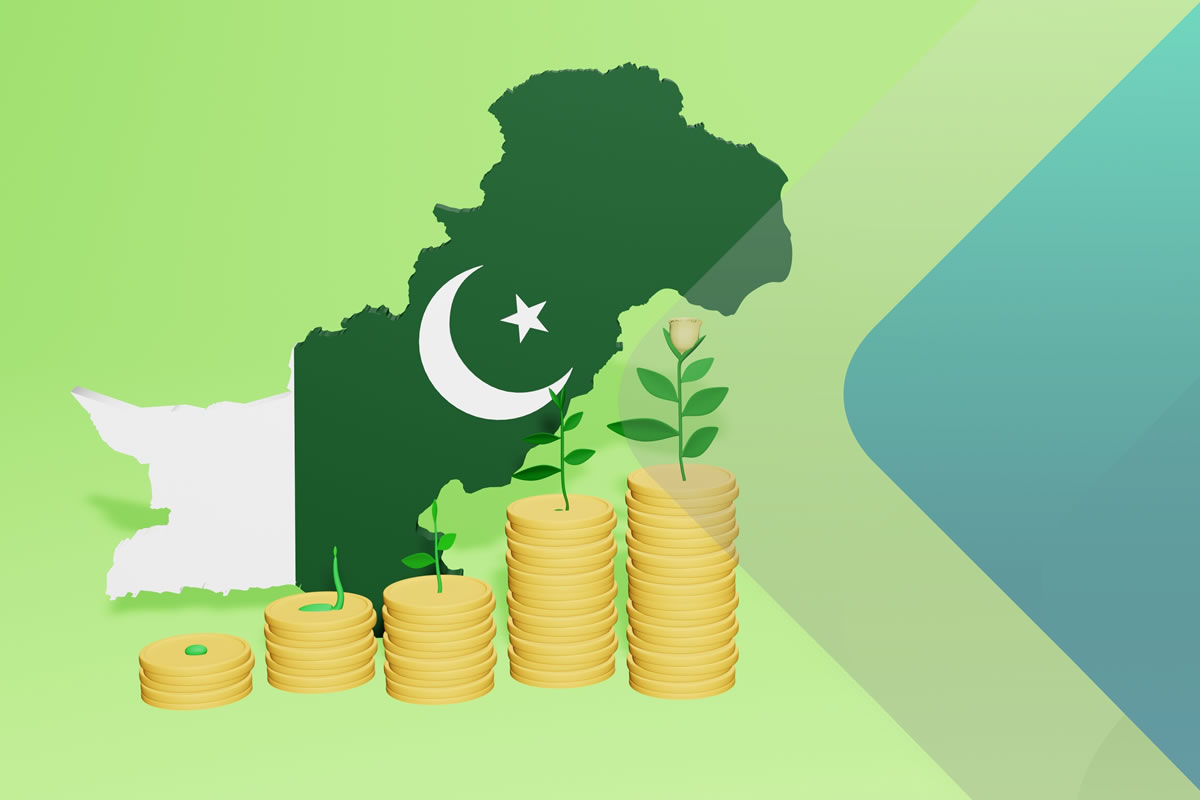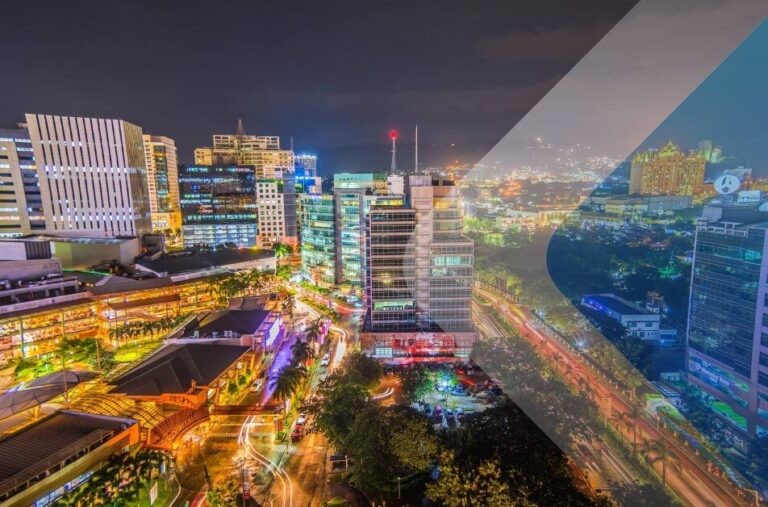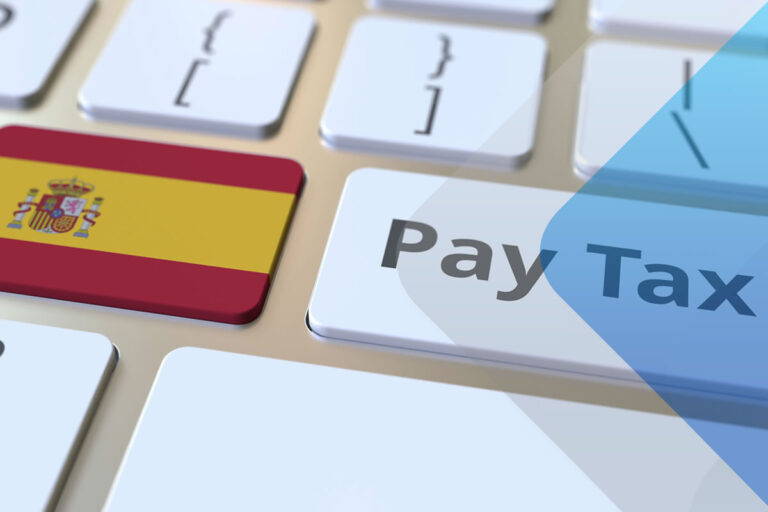Table of Contents
When you’re looking to expand your business to another country — or to potentially relocate your business — it’s important to know the different tax laws in place in your destination country. These factors can dramatically impact whether your target country is a good environment for your business.
In this overview of the Pakistan tax system, we’ll look at three key aspects: personal taxes, corporate taxes, and value-added taxes. The system is handled by the Federal Board of Revenue.
Serviap Global can help with your global expansion needs. Contact us today to learn how you can expand your business with PEO in Pakistan.
Personal Pakistan tax law
Here’s everything you need to know about personal Pakistan tax law:
Who is taxed?
Pakistan tax law applies to all residents, who are subject to taxation on all income they earn worldwide, even if it derives from another territory. Non-residents, on the other hand, are only taxed on income they earn from sources within Pakistan.
To be considered a Pakistani resident, a person must have resided within the country for a total of 183 days or more during a single year from 1 July through 30 June, or in cases when one is a federal employee of Pakistan.
What is the tax rate?
Pakistan’s personal income tax rate is progressive based on your income, measured in Pakistani rupees (PKR). Those earning less than 600,000 PKR (approx US$3,500) are considered exempt from income taxes. Beyond that income level, the rates are as follows:
- 600,000 to 1,200,000 PKR: 5%
- 1,200,000 to 1,800,000 PKR: 10%
- 1,800,000 to 2,500,000 PKR: 15%
- 2,500,000 to 3,500,000 PKR: 17.5%
- 3,500,000 to 5,000,000 PKR: 20%
- 5,000,000 to 8,000,000 PKR: 22.5%
- 8,000,000 to 12,000,000 PKR: 25%
- 12,000,000 to 30,000,000 PKR: 27.5%
- 30,000,000 to 50,000,000 PKR: 30%
- 50,000,000 to 75,000,000 PKR: 32.5%
- 75,000,000 PKR and over: 35%
This amount applies to wages and salaries, income from personal businesses and professions, investment profits, and more.
National vs. international income
Pakistan tax collectors consider both national and international income when determining tax rates and amounts for residents. For non-residents, the only figure that concerns Pakistan tax officials is money generated from a Pakistani source.
Capital gains, exemptions, and other considerations
Pakistan does not charge a capital gains tax on individuals. There is a property tax, which varies by locality.
Pakistan corporate taxes
Here’s everything you need to know about corporate taxes in Pakistan:
Who is taxed?
A company is considered resident in Pakistan if:
- It is incorporated or formed under the law of Pakistan
- Control and management of its affairs are situated wholly in Pakistan
Non-resident companies may be taxed if they operate as a permanent establishment of an organization.
What is the tax rate?
The corporate income tax rate is based on the type of company. These rates are as follows:
- Banking company: 35%
- Public company other than a banking company: 29%
- Any other company: 29%
- Small company: 21%
Small companies are defined by their yearly turnover.
What is taxable income?
Pakistan calculates its corporate taxes based on companies’ annual net profits. Companies can deduct qualified business expenses from gross income. One can deduct capital investment and other costs, although these expenses cannot be claimed all at once and must be spread out over several years instead.
Pakistan tax incentives and deductions
There are a number of Pakistan tax incentives for certain business activities. Many of these incentives relate to the development of low-income housing, natural gas terminals, and activity that occurs within defined special technology zones (STZs).
Pakistan VAT taxes
Value-added taxes, better known as VAT taxes, are a common form of consumption tax. The value-added portion is the difference between a company’s sales and its cost of purchasing services or goods from another company. Here are the most important things you need to know about VAT taxes in Pakistan:
Who is taxed?
VAT is charged on all goods and services imported or purchased within Pakistan.
What is the tax rate?
The standard VAT tax rate in Pakistan is 17%, which applies to most goods.
In all four provinces within Pakistan, a sales tax on services is levied. Tax rates vary from 13% to 16%.
Serviap Global can help you navigate Pakistan tax law
Serviap Global is a leading Professional Employer Organization (PEO) ready to help your business expand operations throughout the Western Hemisphere. PEO is a model of co-employment, where we assume total responsibility for your talent, allowing you to focus on the strategic activities of your organization.
Contact us today to learn more about how you can expand your business in Pakistan.










